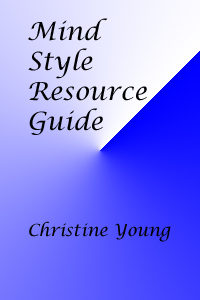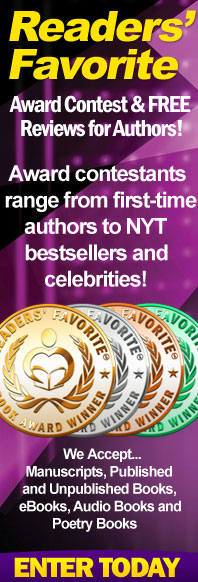Mind Styles: Abstract/Sequential
In the Mind Style Resource Guide by Dr. Anthony Gregore a writer is given four different styles of thinking, Concrete Sequential, Abstract Random, Concrete Random, & Abstract Sequential.
A writer can use the Mind Style Resource Guide to create conflict between major characters, today: Abstract Sequential.

Purpose of this Guide
This resource guide will give writers a way to enhance conflict and humor and bring the hero and heroine to a deeper understanding of each others personality. We all understand that characters must undergo change and growth if they are to find true happiness. We understand too that the conflicts must be resolved before the end of the manuscript. Conflicts are not alway on the physical level. Sometimes the problems that separate the hero and the heroine are on the physiological level.
Today we will look at the Abstract Sequential personality traits.
Dominant Viewpoint: Abstract Sequential
The Abstract Sequential’s know Descarte’s first principle: “I think therefore I am”. They also know the real world is the abstract, nonphysical world of thoughts and mental constructions. Abstract Sequentials know a lot and they understand they are only scratching the surface of the huge world of ideas.
Priorities:
Logic
Intellectual
Documentation
Concepts
Theories
Debating
Analytical
Scientific
Scholarly
Favorite Sayings:
“As I think, so I am”. “Give me time to think about it”. “Knowledge is power”.
Partial list of strengths:
Research the “Big Ideas”
Formulate theories
Carefully weight all data for internal and external debate
Thirst for knowledge
Patient in-depth learning
Partial list of Annoyances – to other points of view
Very private with complex emotions
Fail to see the humor in life
Using their marvelous vocabularies to degrade other points of view
Getting lost in their ideas (Ivory Tower Syndrome)
Disregarding emotional and intuitive arguments
Personal Preferences
Silence does not necessarily mean consent, it means they are thinking about it.
Ordered and mentally stimulating environment
Wealth of books, manuals, tables, graphs, etc.
Function independently with minimal and intuitive arguments
Surrounded by intellectual experts


